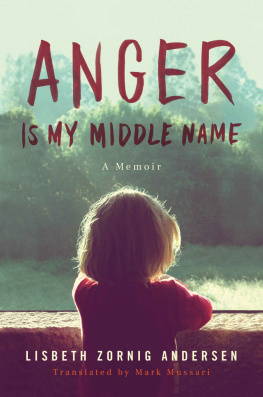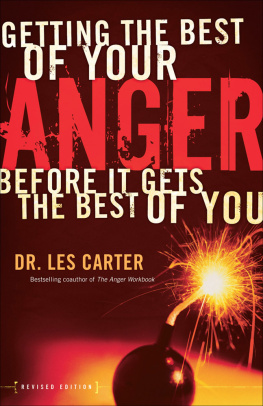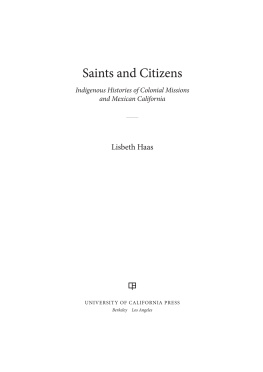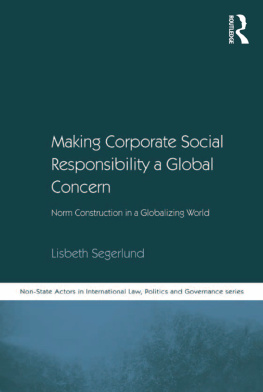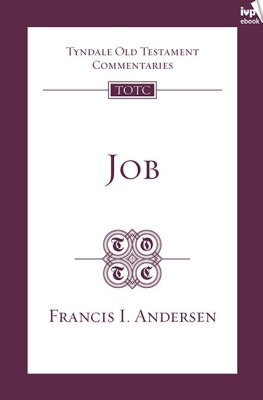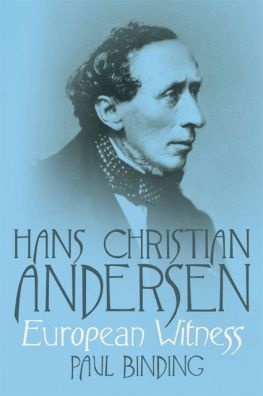Lisbeth Zornig Andersen - Anger is my Middle Name
Here you can read online Lisbeth Zornig Andersen - Anger is my Middle Name full text of the book (entire story) in english for free. Download pdf and epub, get meaning, cover and reviews about this ebook. year: 2020, genre: Non-fiction / History. Description of the work, (preface) as well as reviews are available. Best literature library LitArk.com created for fans of good reading and offers a wide selection of genres:
Romance novel
Science fiction
Adventure
Detective
Science
History
Home and family
Prose
Art
Politics
Computer
Non-fiction
Religion
Business
Children
Humor
Choose a favorite category and find really read worthwhile books. Enjoy immersion in the world of imagination, feel the emotions of the characters or learn something new for yourself, make an fascinating discovery.
- Book:Anger is my Middle Name
- Author:
- Genre:
- Year:2020
- Rating:5 / 5
- Favourites:Add to favourites
- Your mark:
- 100
- 1
- 2
- 3
- 4
- 5
Anger is my Middle Name: summary, description and annotation
We offer to read an annotation, description, summary or preface (depends on what the author of the book "Anger is my Middle Name" wrote himself). If you haven't found the necessary information about the book — write in the comments, we will try to find it.
Anger is my Middle Name — read online for free the complete book (whole text) full work
Below is the text of the book, divided by pages. System saving the place of the last page read, allows you to conveniently read the book "Anger is my Middle Name" online for free, without having to search again every time where you left off. Put a bookmark, and you can go to the page where you finished reading at any time.
Font size:
Interval:
Bookmark:
PRAISE FOR LISBETH ZORNIG ANDERSENS ANGER IS MY MIDDLE NAME
Heart-wrenching... an important testimonial from a Denmark few ever see from within... a reminder that if we give a little extraif we give of ourselveswe might also give a child a chance to rise and break the social curse.
Kristeligt Dagblad
Although a grim tale, the book is ultimately life-affirming, as it illustrates that it is possible to reject ones negative background and have a good life.
Litteratursiden
A deeply moving odyssey through the twilight of Denmarks underclass.
Politiken
Moving in its honesty.
Jyllands-Posten
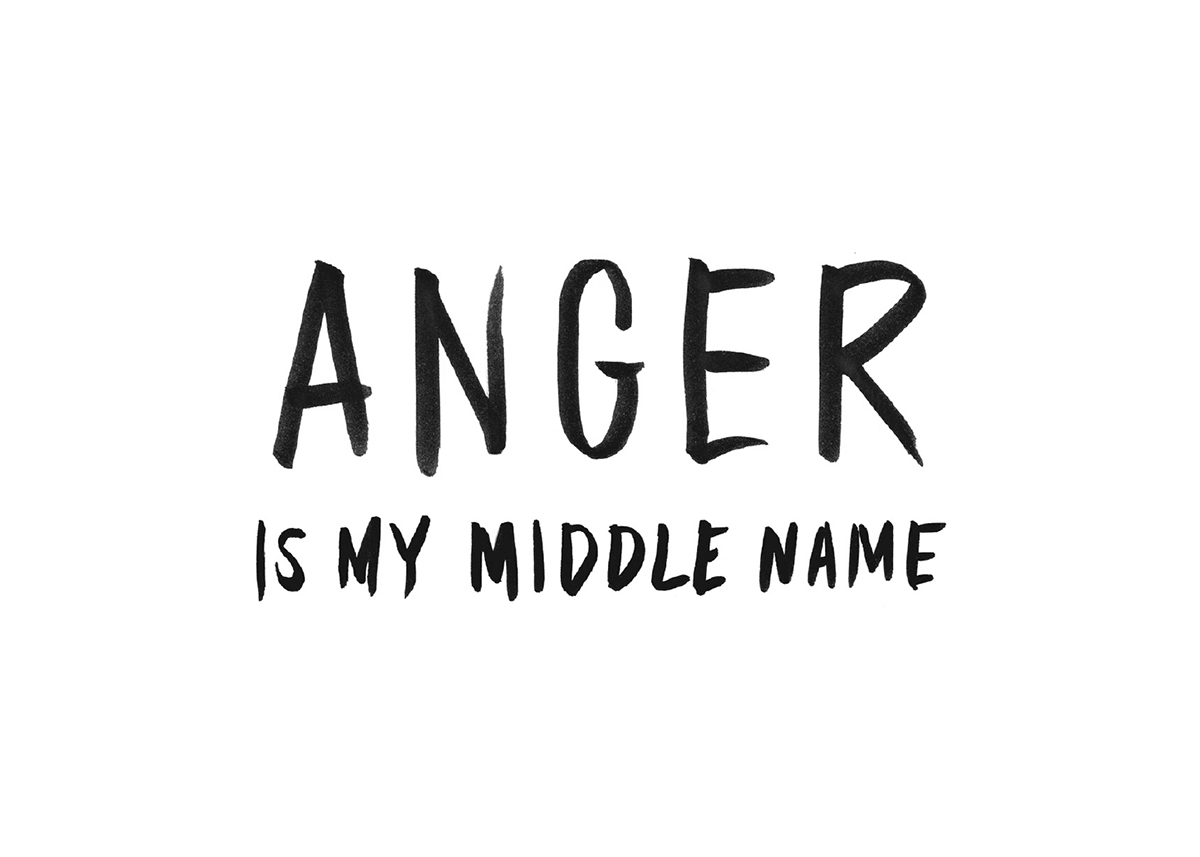
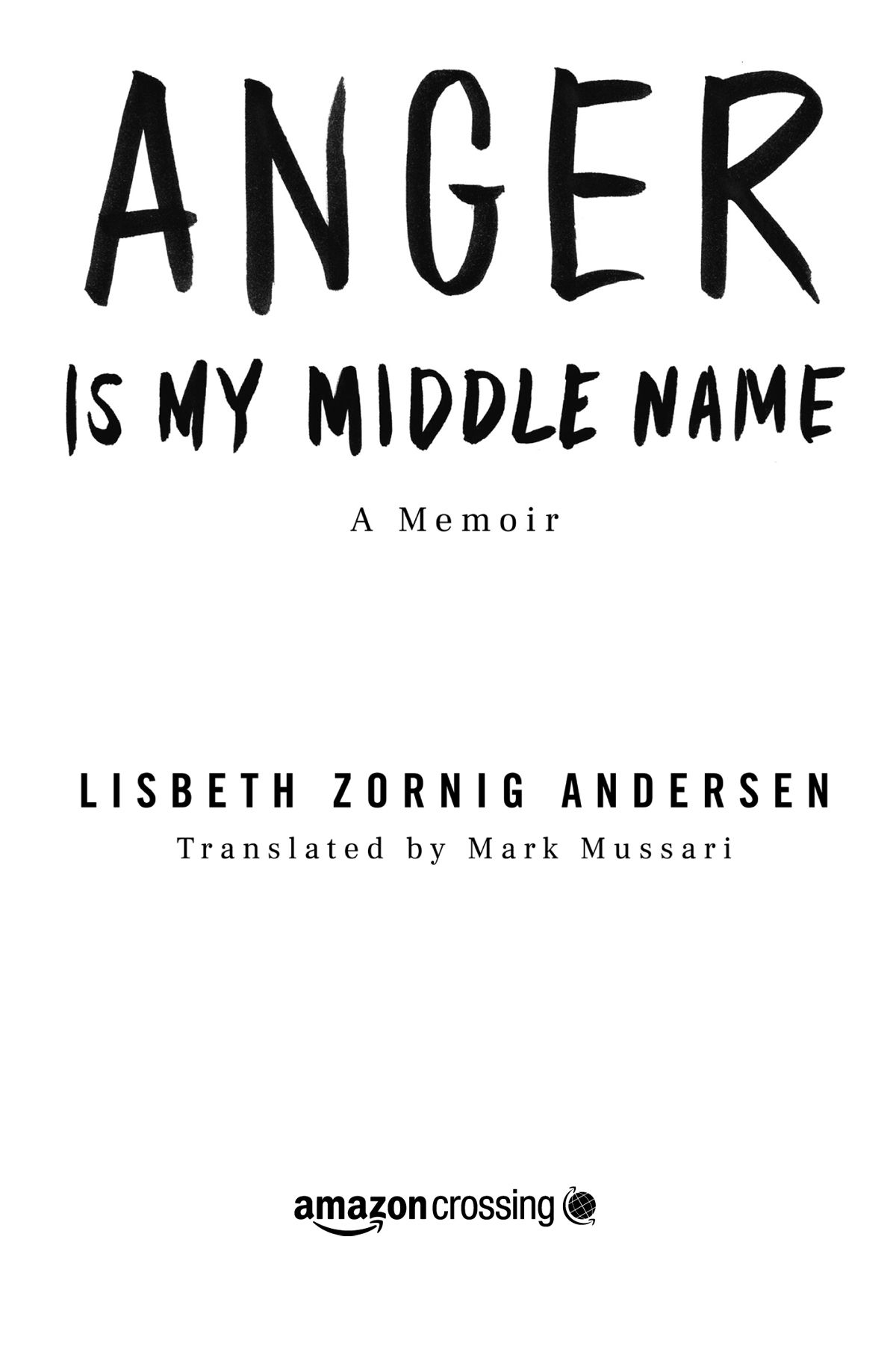
Text copyright 2011 by Lisbeth Zornig Andersen
Translation copyright 2020 by Mark Mussari
All rights reserved.
No part of this book may be reproduced, or stored in a retrieval system, or transmitted in any form or by any means, electronic, mechanical, photocopying, recording, or otherwise, without express written permission of the publisher.
Previously published as Zornigvrede er mit mellemnavn by Gyldendal A/S in Denmark in 2011. Translated from Danish by Mark Mussari. First published in English by Amazon Crossing in 2020.
Published by Amazon Crossing, Seattle
www.apub.com
Amazon, the Amazon logo, and Amazon Crossing are trademarks of Amazon.com, Inc., or its affiliates.
ISBN-13: 9781542015905 (hardcover)
ISBN-10: 1542015901 (hardcover)
ISBN-13: 9781542015899 (paperback)
ISBN-10: 1542015898 (paperback)
Cover design by Rex Bonomelli
Unless otherwise noted, all images are courtesy of a private collection.
First edition
CONTENTS
ARTICLE 19
1. States Parties shall take all appropriate legislative, administrative, social and educational measures to protect the child from all forms of physical or mental violence, injury or abuse, neglect or negligent treatment, maltreatment or exploitation, including sexual abuse, while in the care of parent(s), legal guardian(s) or any other person who has the care of the child.
United Nations Convention on the Rights of the Child
PROLOGUE
Sometimes I think about my life when I was a filthy, unwanted kid from Copenhagen living out in the country and roaming around Lolland with my three older brothers. One summer we took off on our bikes and rode all the way to the local beach at Hestehovedets Harbor, near Nakskov. I must have been eight at the time. I sat on the back of my brothers bikes. We swam in our underwear, dried ourselves off with our sweaters, and then rode home again. No one even knew we had gone. We didnt bring any food with uswe didnt even have any blankets like the other people swimming. But we knew where you could pick apples and berries along the way. A lovely summer memory of a time when my brothers were protecting me, but also a memory of a childhood without the boundaries every child needs. A childhood characterized for many years by betrayal, violence, and sexual assault, all of which formed the person I am today. A person who defies authority without blinking yet is still afraid to sleep with the lights offwho gets dry mouthed when she has to renew her passport. Whod have thought that I would ever enter the world of politics and become a spokesperson for children?
One evening in 2009, after many years of working full-time as an IT programmer and business developer, I came home tired and exhausted, as usual. With groceries in both hands and my computer bag slung over my shoulder, I fought my way through the hallway, which was overflowing with my childrens and their friends shoes. For once I didnt yell that the children needed to get their shoes out of there if they wanted to keep them. Instead, I just sat down at the kitchen table and stared at the scene. I counted six children. My daughter Ida stood outthere was something different about her. Did she have that many ear piercings when I left for work that morningand that hair color? I suddenly realized that Id been working too much and knew too little about my own childrens lives.
The next day I quit my job. Although it was the most exciting Id ever had, it demanded my constant attention, and I gave it my all, from early morning to late at night. So, while it was a huge relief to quit, it was also incredibly stressful to go freelance and worry about not finding enough work. About getting sick. About not being good enough. The constant angst that had followed me since my early childhood.
I started working as a self-employed IT and management consultant and subcontractor for the Danish company Zangenberg. At home, I became much more present as a mother. I was also earning more money, so I could give my family bigger gifts and we could travel more. I spent most of my time at Zangenberg sitting alone, deep in research and analysis, at an elegant desk in an all-white office in a tony neighborhood.
Early one morning I checked my phone to find a voice message from Henrik Lund, the personal secretary to Karen Ellemann, then Denmarks recently appointed Minister of Social Affairs and Secretary of the Interior. Lund asked me to call him back, which I did while wondering why a ministers secretary was calling me. He told me the minister was inviting me for coffee because she wanted to hear a little about my life and discuss a few things. I inquired a bit more about it, and Lund said it concerned my experience being institutionalized during my childhood.
We scheduled a meeting at the ministry for a week later: Friday afternoon, November 6, 2009.
When the day for having coffee with the minister finally arrived, Henrik showed me into the ministers office. Smiling broadly, Karen Ellemann stood there, her hand extended. We sat down, Karen poured some coffee, and I waited anxiously. Karen said that she had read a feature written by Karen Gjesing and me in the magazine Danish Communities. The article, by then a few years old, was the result of an evening Karen and I had spent talking about finding some use for our shared history.
Karen Gjesing had been my social worker at Hylleholt Residence for Girls: I was a wild fourteen-year-old whod escaped western Lolland and had wound up at a treatment center for young girls with behavioral problems. In the article, Karen wrote about investing oneself in other peoples children; I used my background as an economist with a degree from the University of Copenhagen to create a business case study that laid out what my brother Tonny and I had both cost and contributed to society. The report compared Tonnys time in institutions, which hadnt done him much good, and his long criminal record of drug and alcohol abuse, to the massive investment in me, including time at a special institution with a high percentage of well-educated social workers and other practitioners, many hours of psychological treatment, and rehabilitation benefits through the entire educational system.
Karen Ellemann explained that she was attracted to the idea that civil society, certain individuals, had probably made the biggest difference for me. I agreedbut I added that a lot of money had been invested in me in the form of treatment and education, which were also important. We dove into an intense conversation about personal responsibility and vulnerable children and teenagers. Along the way, she told me about her own life as an elementary school teacher and a divorced career woman with joint custody of her children.
Suddenly she asked what I knew about the National Council for Children. I stared at her. The National Council for Children? I replied that I didnt know much about it and that I was more focused on at-risk teens. She responded that the National Council for Children covers children up to the age of eighteen and monitors whether Denmark is complying with the UN Convention on the Rights of the Child, while also acting as a spokesperson for children.
Next pageFont size:
Interval:
Bookmark:
Similar books «Anger is my Middle Name»
Look at similar books to Anger is my Middle Name. We have selected literature similar in name and meaning in the hope of providing readers with more options to find new, interesting, not yet read works.
Discussion, reviews of the book Anger is my Middle Name and just readers' own opinions. Leave your comments, write what you think about the work, its meaning or the main characters. Specify what exactly you liked and what you didn't like, and why you think so.

